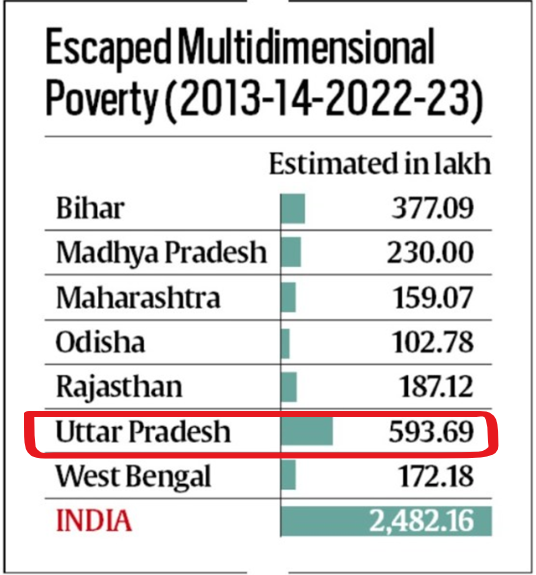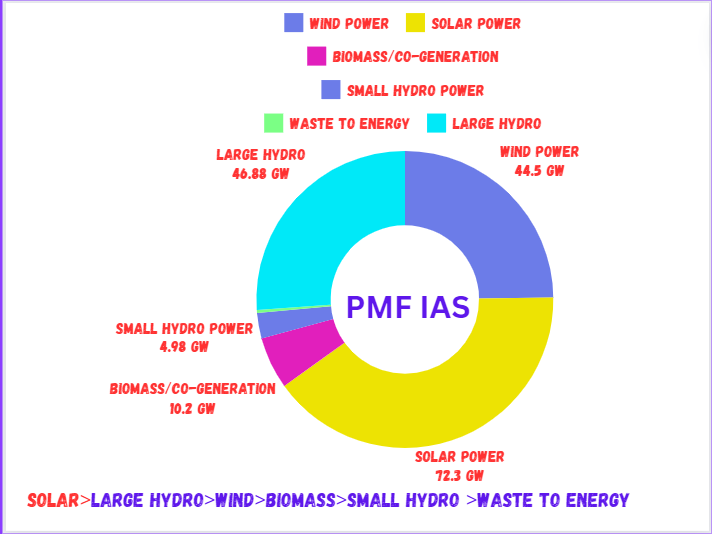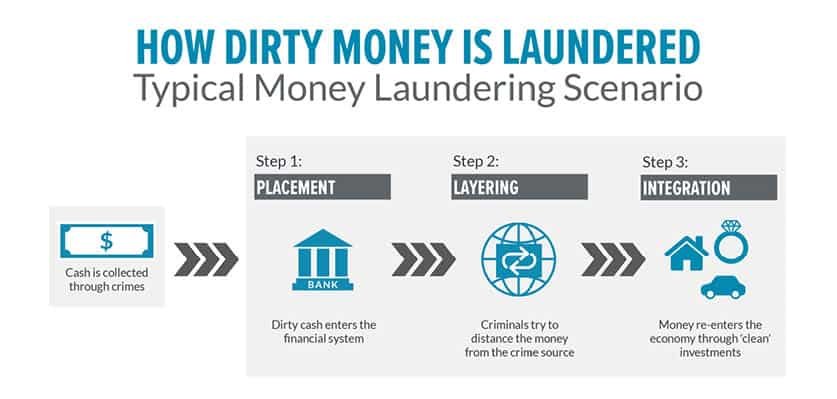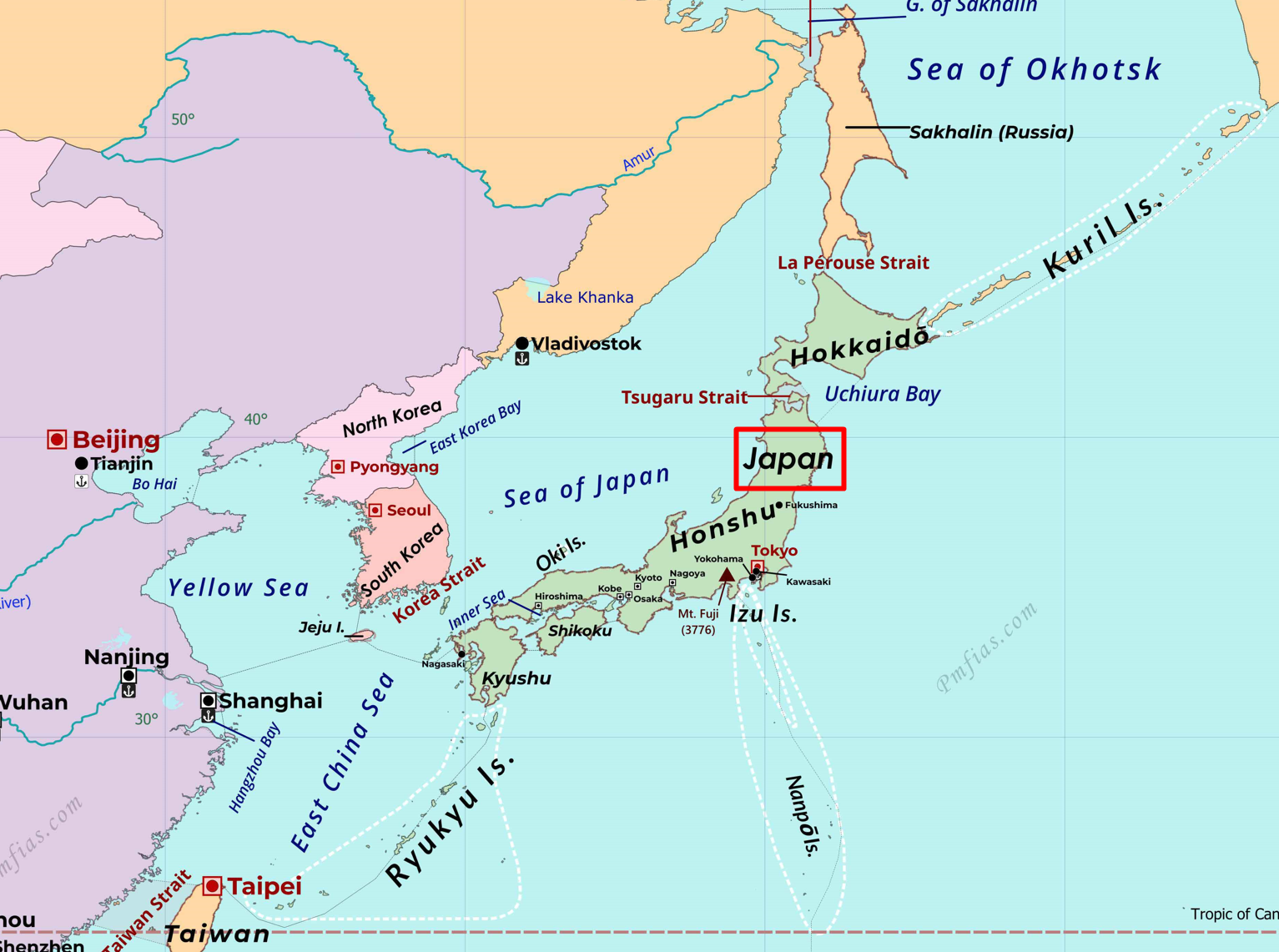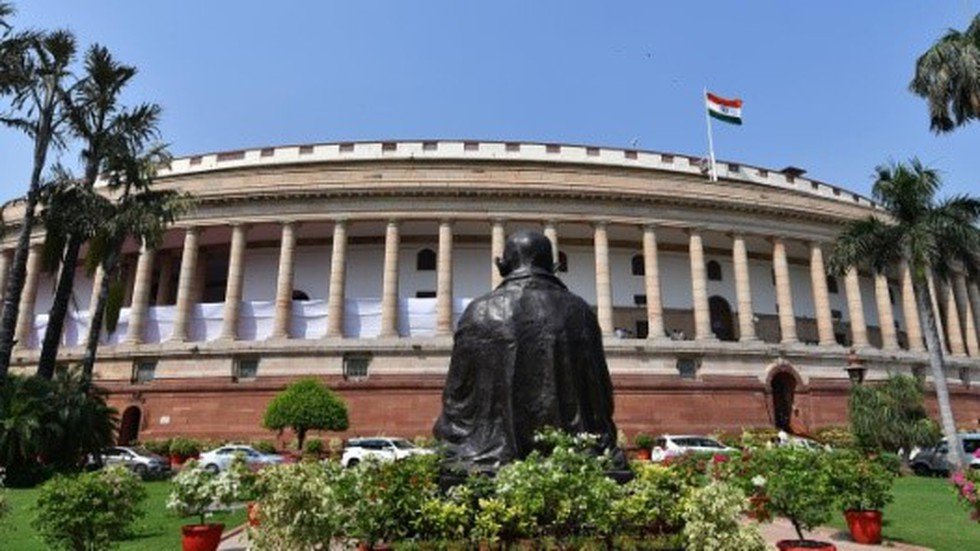
Passports: Evolution and Features
Subscribers of "Current Affairs" course can Download Daily Current Affairs in PDF/DOC
Subscribe to Never Miss an Important Update! Assured Discounts on New Products!
Must Join PMF IAS Telegram Channel & PMF IAS History Telegram Channel
- Context(IE): The recent film ‘Dunki’ focuses on the issue of immigration and the history of passports.
Evolution of Passports
|
Indian Passport
- For the first time, under the Defence of India Act 1915, possessing a passport for leaving and entering India was compulsory. Later, the Indian Passport Act of 1920 was passed.
- In 1952, old passports were revoked. New Indian passports were granted only to “respectable” people.
- The Supreme Court in the Satwant Singh Sawhney vs D. Ramarathnam case (1967) ruled that every citizen had the right to a passport. Subsequently, the Indian Passport Act 1967 was passed.
- A passport is proof of address as well as citizenship.
Types of Indian Passport
- Ordinary Passport (P-type): A dark blue cover passport is issued to ordinary citizens for private travel, such as vacation, study and business trips.
- Official Passport (S-type): A white cover passport is issued to individuals representing the Government of India on official business, including members of the Indian Armed Forces stationed abroad.
- Diplomatic Passport (D-type): A maroon cover passport is issued to Indian diplomats, Members of Parliament (MPs), members of the Union Council of Ministers, certain high-ranking government officials and diplomatic couriers, and their dependents.
- Diplomatic and official passports are now issued as ePassports (Biometric).
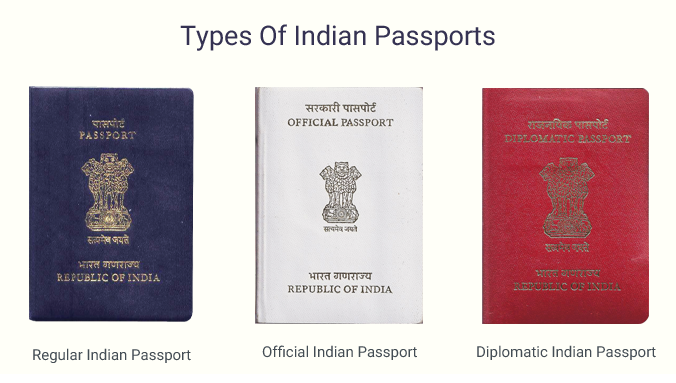
Other features of the Indian Passport
- All passports contain a note from the President of India to allow safe passage to Indian citizens.
- The language allowed on the passport is Hindi and English only.
- India secures 80th rank on the Henley Passport Index 2023.





![PMF IAS Environment for UPSC 2022-23 [paperback] PMF IAS [Nov 30, 2021]…](https://pmfias.b-cdn.net/wp-content/uploads/2024/04/pmfiasenvironmentforupsc2022-23paperbackpmfiasnov302021.jpg)
